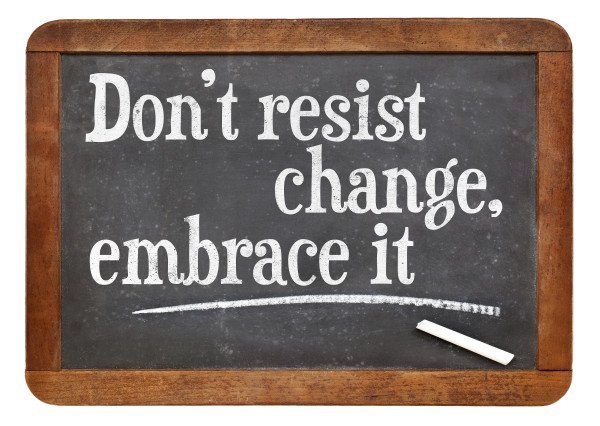One thing that has come up consistently this week with clients has been the concept of “Vulnerability.” To be honest, it comes up regularly. Vulnerability is a raw, authentic representation of ourselves and a willingness to expose our true selves and invite others in. Vulnerability is sharing our feelings and our experiences with people who have earned the right to hear them. When thinking about vulnerability, it’s important to understand the relationships between vulnerability, shame, and connectedness.
Connection is why we are here, ultimately why we exist, and what gives purpose and meaning to our lives. Most often, the things that lead us to withdrawal from connection with others is shame. The belief that, if I am vulnerable and open with others, they will discover those things about me that make me ‘unworthy’ of connection. “If I’m really known, I will be rejected.” So when considering our experience with shame, vulnerability is often a risk of standing up to that fear and exposing ourselves to the possibility of unknown responses from others..Shame (and the fear of shame) leads to the urge to disconnect from others. We all have shame (except true sociopaths), so therefore, we all have the natural tendency to avoid vulnerability. It’s a self-protective mechanism for us.
The conundrum we find ourselves in is that even though we try to protect ourselves from feeling vulnerable, there is a desire to have the type of relationships that assist and help us move toward vulnerability. No doubt, vulnerability feels risky and threatening; however, there comes a point when our efforts to protect ourselves can become destructive and cause us to miss the opportunity for a profound relational experience. In relationships, there is a need for boundaries and trust when vulnerability is wanted. These boundaries are important to help us manage the fear associated with taking this step. Judgment is needed to determine who the right people are, and then you can move towards more vulnerable interactions.
Helpful ways to work towards vulnerability in your relationships would include:
Taking a moment to consider the efforts you make to protect yourself in relationships. Is the aim to create healthy connections or to remain unknown from those around you? If your answer is to remain unknown, then shame is likely getting in the way of meaningful connection.
Identify the fear. Those that have worked with me in therapy will be well drilled in considering the underlying fear in their actions. Ask yourself, “what response do I fear from others after being vulnerable with them?”
Accept that your fear is natural. Allow it to exist rather than focus on making it go away. Focus on the fear only gives it energy to grow.
Focus attention on the value you have in connection, and then chose vulnerability rather than allowing fear to determine your actions. When we behave opposite of how we feel, and in this case seek others out, we discover a new sense of freedom and a way out of our shame.
Establish trust and start slow. Try openness with smaller things and then after building trust with others, move on to larger things. For example, when you are asked “How are you?” try avoiding the automatic response of “good” and honestly contemplate the question before responding.
Entering into the anxiety and fear-provoking area of vulnerability, shame, and connection can be overwhelming. Consider talking to someone that can provide you a safe space to process your relationship to shame.
For help In the Lancaster, PA area moving toward more vulnerability and a more connected life, please contact me at (717) 288-5064 / gregghammond@restoringbalancelancaster.com and schedule an appointment.


